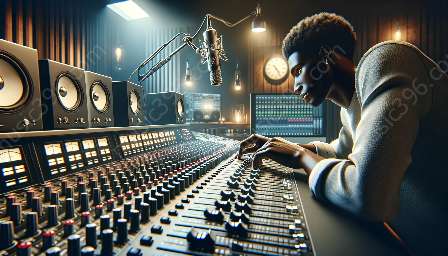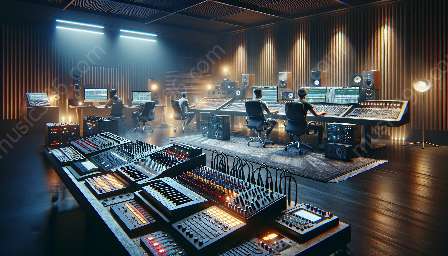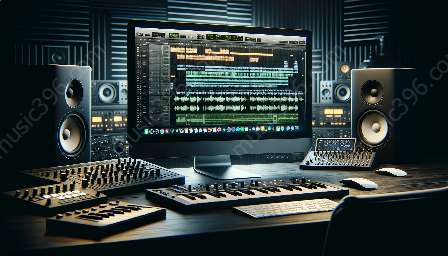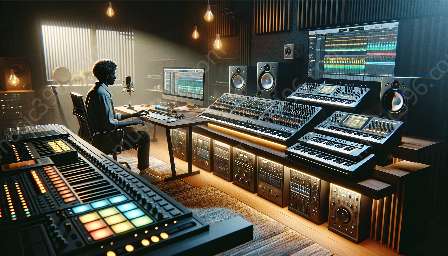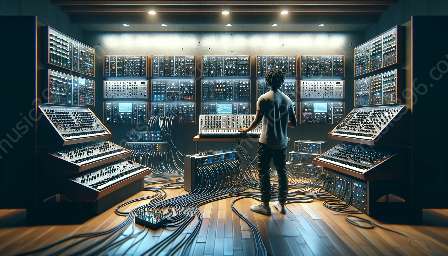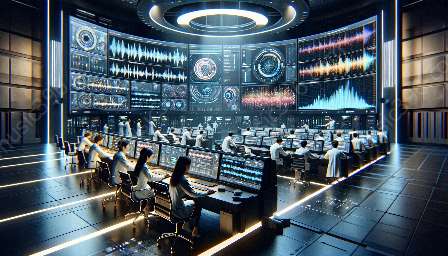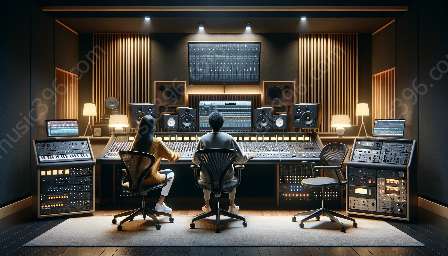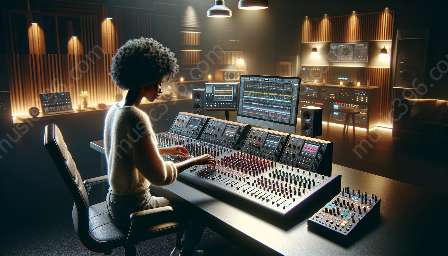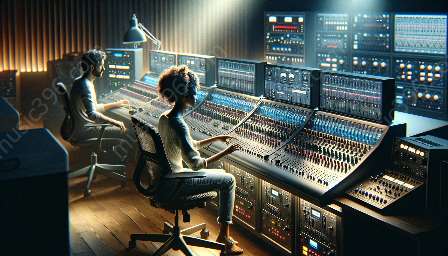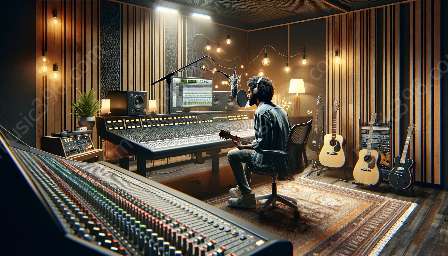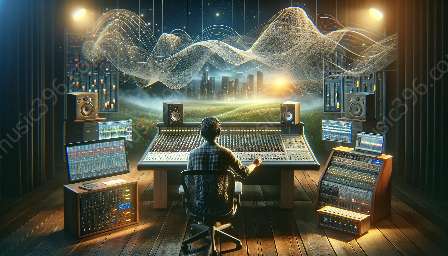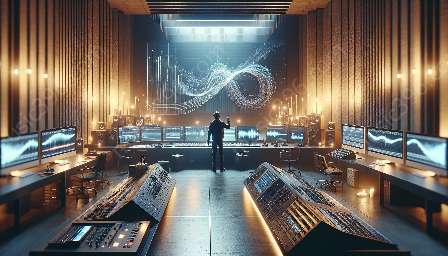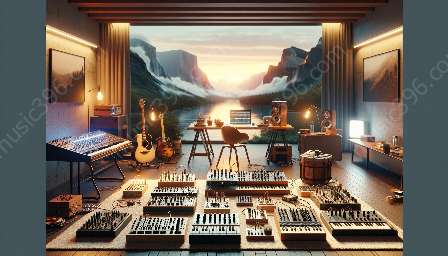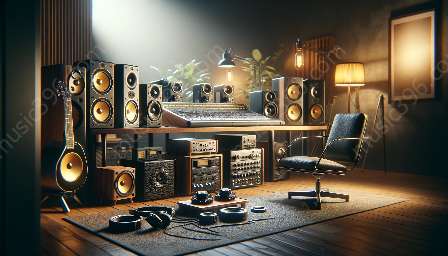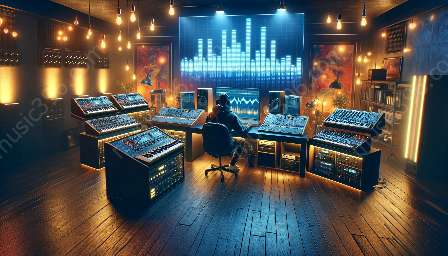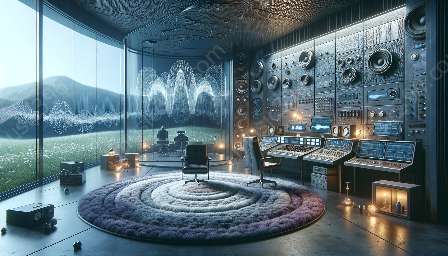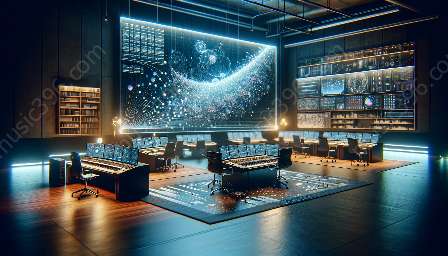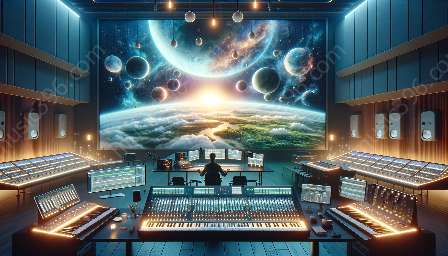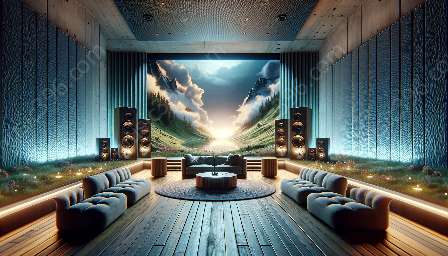With the increasing demand for remote studio recording, it's crucial to understand the considerations involved. This guide explores the intersection of studio recording techniques, music technology, and the key factors to consider when setting up a remote studio recording environment.
Introduction to Remote Studio Recording
Remote studio recording has become an essential part of the music industry, allowing artists, producers, and engineers to collaborate from different locations. This has been especially important in recent times when in-person recording sessions may not always be possible. As a result, understanding the considerations for remote studio recording is crucial for anyone involved in the music production process. The following guide will delve into the primary factors to consider, including equipment, techniques, and technology.
Equipment Considerations
When setting up a remote studio recording environment, the right equipment is essential. This includes high-quality microphones, audio interfaces, headphones, and cameras for video conferencing. The choice of equipment can significantly impact the overall recording quality and the ability to collaborate effectively with remote team members. Additionally, considering the acoustics of the recording space and using appropriate sound treatment solutions is vital to achieve professional results.
Technical Considerations
From a technical perspective, harnessing the power of music technology is essential for successful remote studio recording. Utilizing digital audio workstations (DAWs) that support real-time collaboration and remote access is critical. Moreover, understanding the intricacies of audio streaming, latency management, and synchronization across different locations is essential for a seamless remote recording experience. The adoption of industry-standard protocols and file formats for audio exchange is also crucial for efficient collaboration.
Studio Recording Techniques Adapted for Remote Environments
The transition to remote studio recording necessitates the adaptation of traditional studio recording techniques. Engineers and producers must be adept at guiding recording sessions remotely, providing clear instructions to artists, and leveraging technology to optimize the recording process. Understanding how to capture high-quality performances in a remote setting, including the use of virtual instruments and software-based signal processing, is crucial for maintaining professional standards.
Collaborative Workflow
Developing a streamlined collaborative workflow is essential for remote studio recording projects. This includes establishing effective communication channels, project management systems, and cloud-based storage solutions for audio files and project assets. Furthermore, building a sense of trust and camaraderie among remote collaborators is vital for fostering a creative and productive environment, despite physical distance.
Security and Data Management
Ensuring the security and integrity of audio data in a remote recording environment is of utmost importance. Implementing robust data management practices, encryption methods for file transfer, and secure backup solutions are vital to protect sensitive audio assets. Additionally, understanding the legal and copyright implications of remote recording and collaboration is essential for maintaining compliance and protecting intellectual property rights.
Optimizing the Remote Recording Environment
Creating an optimized and conducive remote recording environment involves considering factors such as internet connectivity, audio monitoring solutions, and ergonomic setups for artists and engineers. Embracing remote technologies that facilitate clear and reliable communication, such as high-quality video conferencing tools and remote control software for audio equipment, is essential for a seamless recording experience.
Conclusion
Remote studio recording presents both challenges and opportunities for music professionals. By understanding the equipment, techniques, technology, and collaborative considerations involved, individuals and teams can successfully navigate the complexities of remote recording projects. With a focus on quality, communication, and adaptability, remote studio recording can be a highly effective and creative endeavor in today's music industry.

